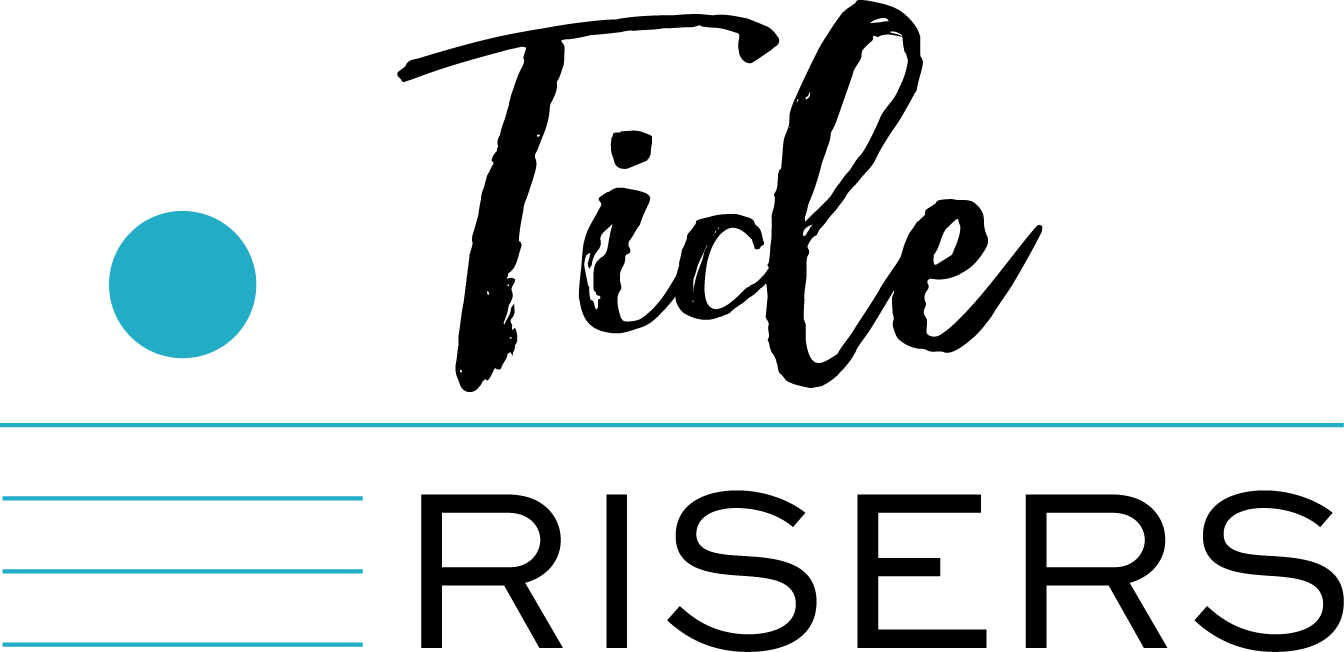Challenging Assumptions
During the height of the Covid pandemic, we saw record numbers of people make dramatic, life-altering decisions. They moved house, changed jobs, and in some cases left their partners, their forever home, or their industry altogether. What spurred on such dramatic change for so many people?
I vividly remember the moment Boris Johnson announced the first Covid lockdown to the British public. We were told we would be in strict lockdown for three weeks, at which time they would review the situation. I couldn’t believe what I was hearing, and I remember the sense of shock hitting me like a ton of bricks. How was it POSSIBLE for us to stay shut up in our houses for three whole weeks?
As those three weeks turned into countless more, I did in fact figure out how to make it possible for myself and my family, and how to pivot my business so I could continue to coach clients and facilitate Tide Risers programs from a distance.
I also figured out that life as we know it doesn’t have to be what we’ve always thought it had to be.
A lot of other folks figured that out as well, leading to a questioning of why we do things the way we do.
Why do we spend so many hours commuting to a work place, regardless of whether it’s a physical environment that is well-suited to our needs? Why do we have endless hours of meetings that do not result in actionable next steps? Why have we been striving for promotions that aren’t necessarily going to make us happier or more equitably compensated?
And most importantly, why didn’t we question these things before?
Image by Brendan Church and Unsplash
We are all products of the environment in which we were raised, and the environment in which we live. We internalize certain ways of understanding our world and our role within it without always being aware of the impact on our decision-making. This leads us to make decisions based on assumptions that are fed to us throughout our lives, often choosing pathways that are laid out for us whether or not they best serve our needs.
During a recent Tide Risers Abundant Learning session, Dr. Zaje Harrell led us through a workshop entitled “Inner Work and Action in Urgent Times”. Dr. Harrell said: “One of the things we see in our culture is that there are aspects of evaluations of women’s work and the way we think about the appropriateness of certain activities for women that disadvantage women in terms of progressing with respect to leadership in organizations… We have learned a type of leadership without really critiquing the ways that living in a patriarchal system limit where women go and the type of women who get to be leaders.”
Many women are prone to making decisions based on gendered assumptions that we receive from the moment we are born. As an executive coach specializing in women’s leadership, I see this play out in a number of ways, including the way we value our time, the way we approach conversations about money, the expectations we have for the division of household labor, and the lens through which we interpret characteristics of leadership.
Examining the assumptions we hold about who we are and the role we’re meant to play enables us to step outside of whatever limitations are holding us back and make more strategic decisions based on our values, our priorities, and the things that bring us joy.
To what extent have gendered assumptions influenced your decision-making?
Lara Holliday is the Founder + CEO of Tide Risers

